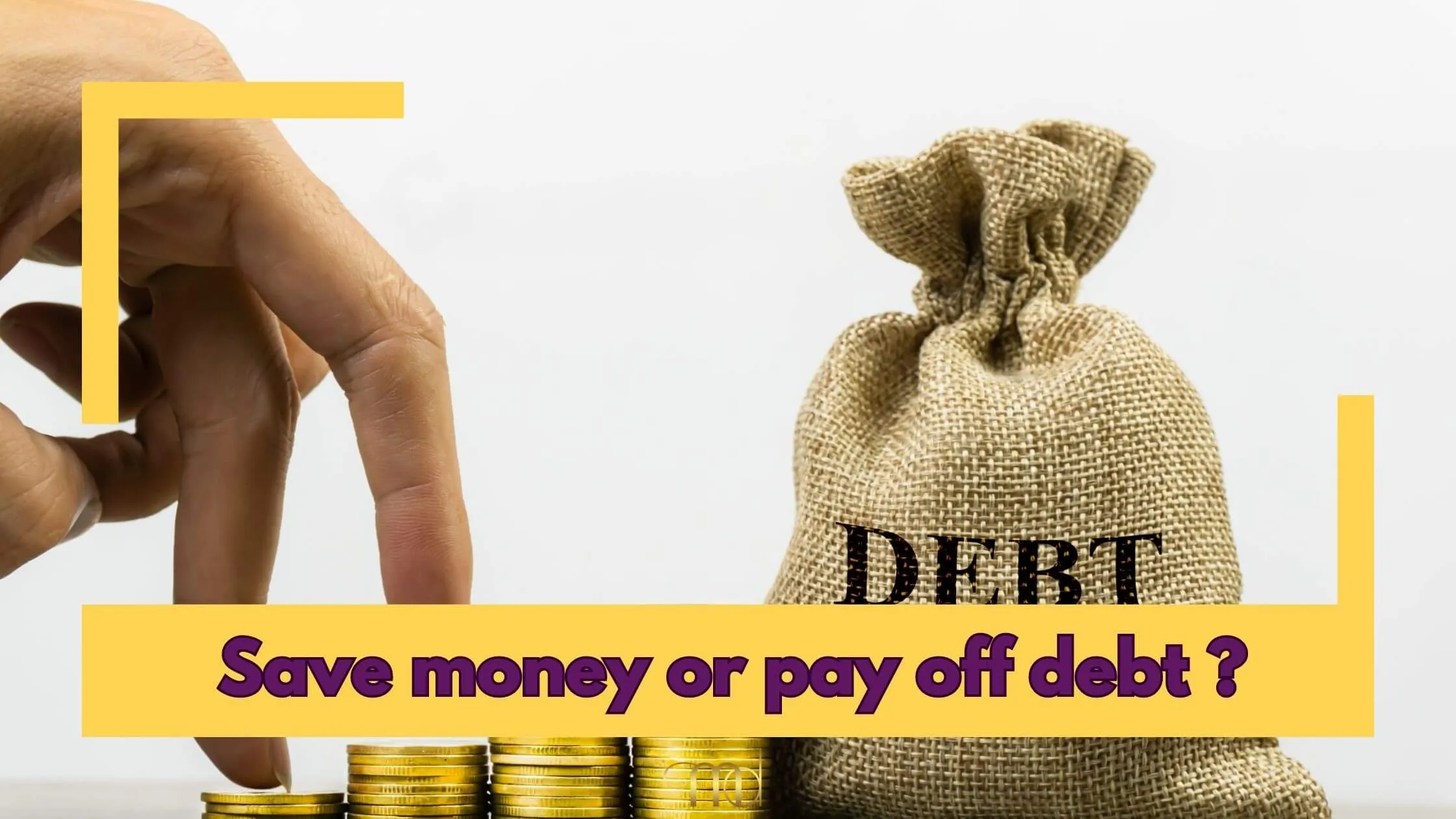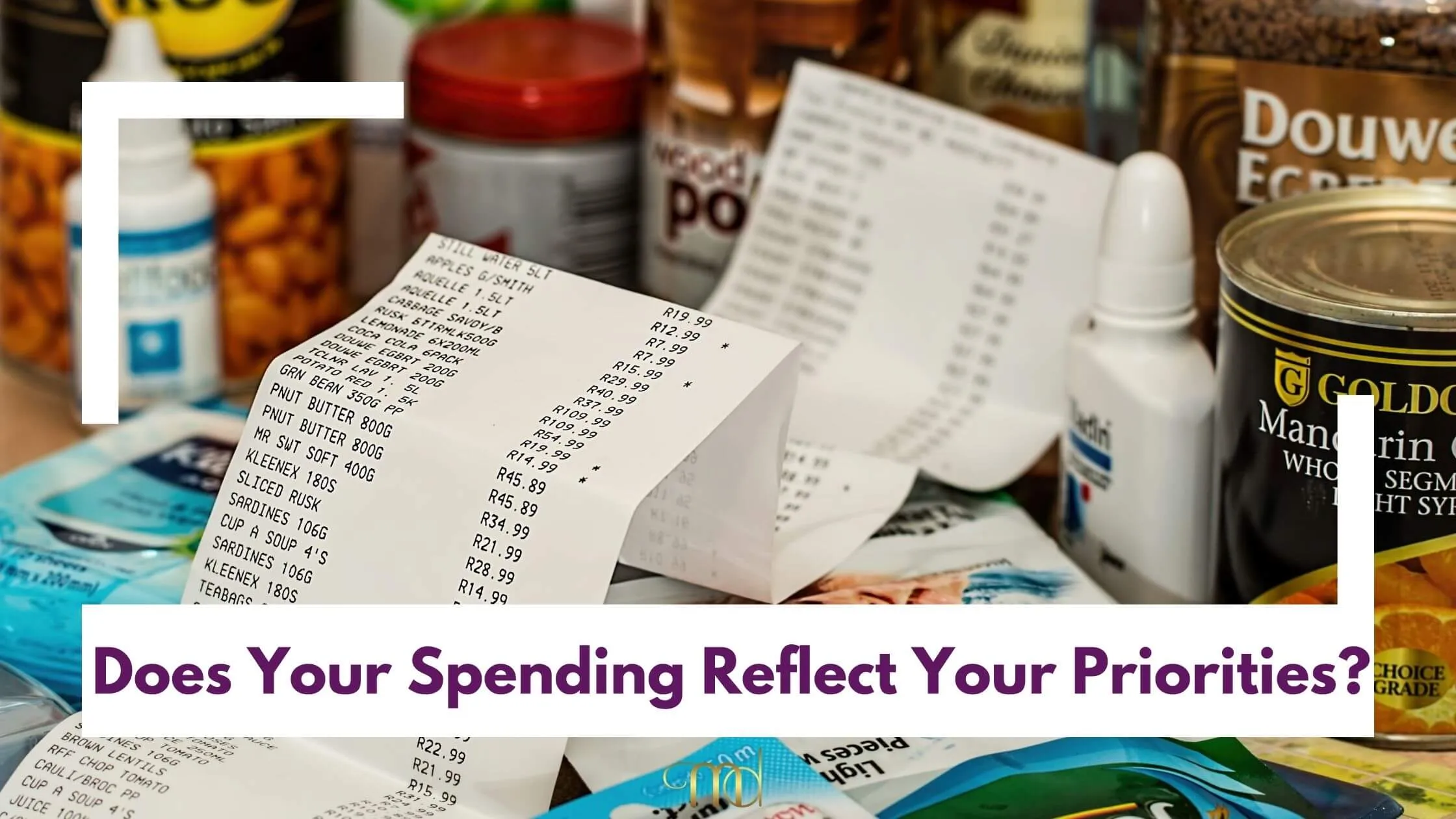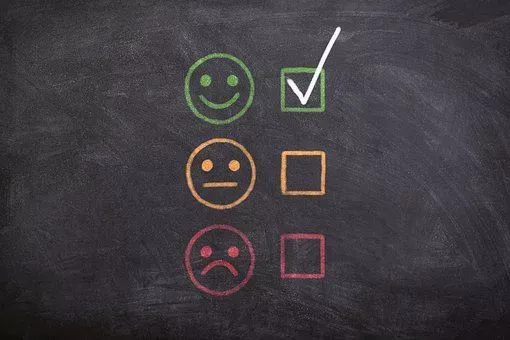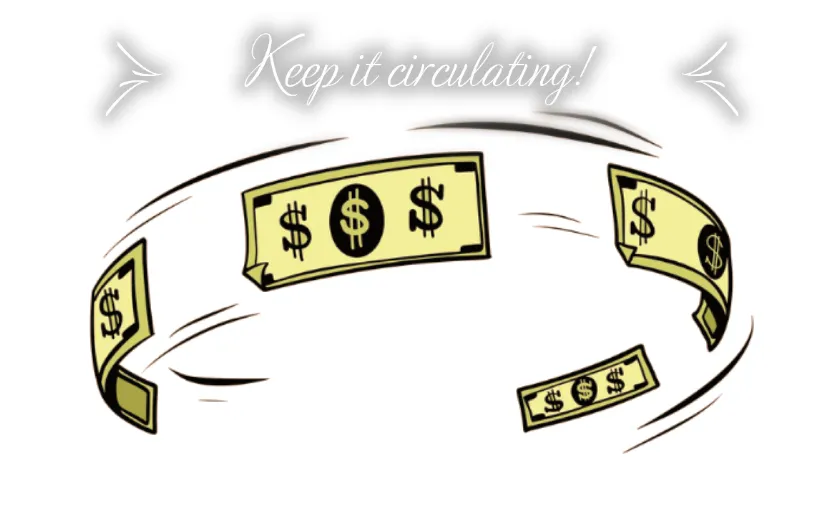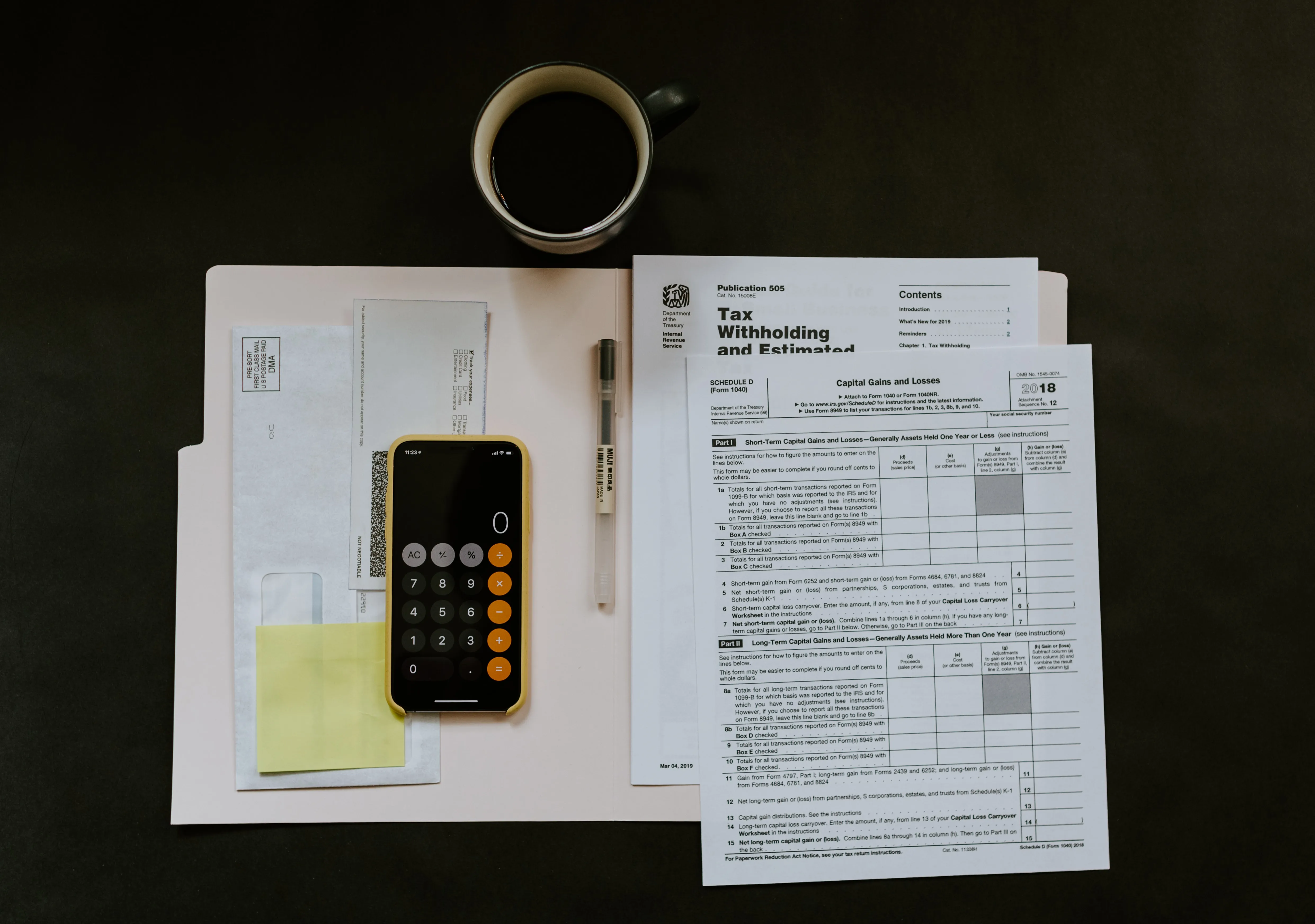5 Proven Ways to Develop a Positive Money Mindset

Money is an idea. Before you hold your millions in your hands, it is first created in your mind. Without a positive money mindset, you will notice that money slips from your hand, and you will always have financial problems no matter how much you earn. I remember this happening to me decades back when I have not started this mindset journey yet. I was drawing a handsome salary and was not even spending it on myself, but I somehow had lots of takers showing up, and because of that, I always had money worries. This changed only when I started developing the right mindset. Now that you know the importance of a positive money mindset when it comes to your financials, how can you change it?
The great news is there are numerous tips and tricks you can try to turn that mindset around. Here, you'll discover 5 failsafe ways to develop a positive money mindset you can start using right now and see yourself on the way to improved finances.
1. Forgive yourself for money mistakes you made.
First of all, you need to change your view about making mistakes. No one learned to walk without falling off a few times. Making mistakes, learning from them, and correcting them is all part of the process. Mistakes are how we learn.
Developing a positive money mindset is hard when you're fixated on your past mistakes.
For example, if you're in debt now, blaming yourself and beating yourself up is pointless. You can't change the past; holding onto it will only limit your future. So, forgive yourself for those past financial mistakes. You can't change them, and mourning over them isn't going to make your finances any better. Understand that you are human, too, and can make mistakes. Forgive yourself for making those money blunders. Let it go so you can start fresh and develop a healthier money mindset.
2. Stop emotional spending
First, recognize your emotional spending. This was huge for me. People were making me feel guilty if I didn't give them money. But it is not always about other people.
Sometimes we spend a lot on things we don’t need to satisfy our emotional needs. Be it a feeling happy, prosperous, helpful, or significant.
It could be that you use spending as a way to lift your mood. Not only is this dangerous to your financials, but it will also not make you any happier in the long term. The initial joy you feel from the purchase is quickly replaced by guilt, shame, and worry. Start to recognize when you're spending money to satisfy an emotion. Then, you can figure out healthier ways to handle how you're feeling.
3. Let go of limiting beliefs.
Are you guilty of having limiting beliefs? Don't worry. You are not alone. Many of us have limiting beliefs that we aren't aware of. For example, do you tell yourself you'll never be able to afford something? Or that you're limited to how much you can earn? These beliefs can really hold you back from reaching your full money potential.
As the saying goes…
See it in your mind before you hold it in your hand….
It would help if you believed you could achieve something to actually achieve it. So, instead of listening to those limited beliefs, tell yourself you can accomplish your financial goals. Say it as your mantra every day until you start to believe it.
4. Don’t compare your finances to others.
Everybody is running their Own Race... and you too...
What you need to remember is that no matter what your current financial situation is, you can turn it around.
5. Develop good money habits.
Finally, a surefire way to get a positive money mindset is to develop good habits. That means saving money where you can, working to pay your debts off, and not giving in to impulse buys.
Start with one habit at a time and be consistent.
>> 6 Uncommon Real-life Budgeting and saving Tips
>> 70/30 rule That Separate The Rich From The Poor
Key Takeaways
- Forgive yourself for the money mistakes you made
- Stop emotional spending
- Let go of limiting beliefs
- Don’t compare your finances to others
- Develop good money habits
Related Posts
More Important Than Money: Understanding your WHY
How much wealth do you need for retirement?
7 Reasons why you should budget your money effectively







